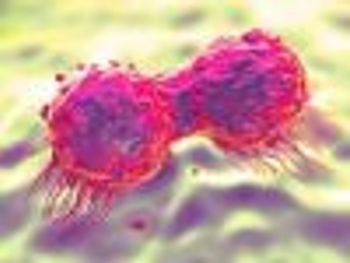
Discovery may lead to new immunotherapies for aggressive breast cancer.

Technique offers improved survival in patients with advanced, inoperable stage 3 non-small cell lung cancer.

Evidentiary standards for new or supplementary cancer therapeutic indication approvals by the FDA are consistent with off-label indication inclusions on Medicare-referenced compendia.
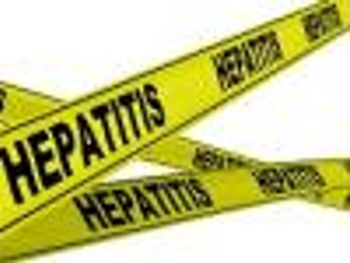
Top articles of the week from Specialty Pharmacy Times.

Every 10 cm increase in waist size found to increase risk of high-grade prostate cancer by 13%.

Top news of the day from across the health care landscape.

US Preventive Services Task Force states that screening tests for ovarian cancer are often inaccurate.

Investigators compare long-term overall and disease-free survival rates in neoadjuvant versus adjuvant radiotherapy.

Top news of the day from across the health care landscape.

Global market for HER2-positive breast cancer to increase to $9.89 billion in 2025.

Treatment with paclitaxel or doxorubicin plus cyclophosphamide may increase the risk of metastatic breast cancer.

Novel approach may improve efficacy of pancreatic cancer treatments.

Breast microbiome may be harnessed to treat the development of breast cancer.
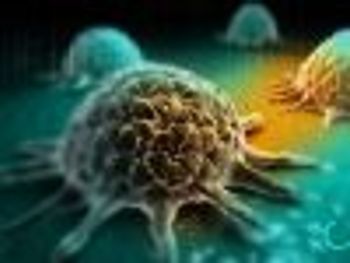
Tools that analyze the cancer genome provide new insight into the mechanisms that drive cancer development.

Memory T cell subtypes can be reactivated with current immunotherapy.

A combination of doxorubicin plus an aldose reductase inhibitor prevented cardiotoxicity in patients with colon cancer.

Drug combination expected to increase efficacy of pembrolizumab (Keytruda) in patients with non-small cell lung cancer.

Novel pathogen-associated molecular pattern drug combined with checkpoint inhibitor also evaluated in non small cell lung cancer.

Transplanting organs from donors infected with hepatitis C found to be a viable option.

New generation of antiviral drugs cause significant reduction in the risk for the most common type of adult liver cancer in patients with HCV.
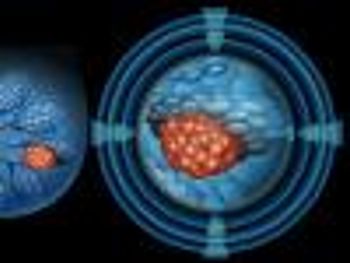
Investigational biosimilar to Herceptin is designed to treat HER2-positive early breast cancer.

Hepatitis C virus is a major cause of liver-related morbidity and mortality.

Neratinib (Nerlynx) indicated to prevent breast cancer recurrence.

Neratinib, a kinase inhibitor, is indicated to follow therapy with trastuzumab to prevent breast cancer recurrence.

Scientists identify several new variants that affect the risk of lung cancer development.

Biosimilar to trastuzumab (Herceptin) observed to have no clinically significant differences than the reference product.

Trastuzumab is indicated as an adjuvant therapy for HER2-positive breast cancer, along with metastatic breast and gastric cancers.
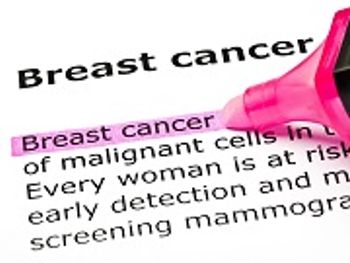
Biomarker status could indicate palbociclib resistance in patients with estrogen receptor-positive breast cancer.

Promising immunotherapy may change the standard of care for kidney cancer.

Mice fed a tomato-rich diet experienced a 50% reduction in tumors.